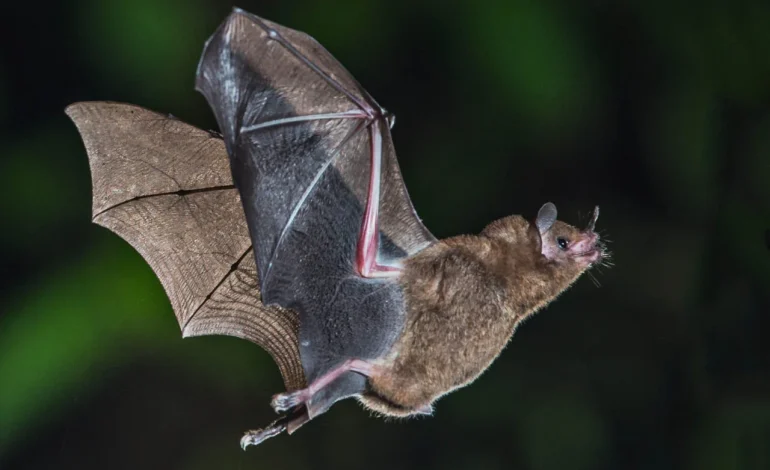While bats are often associated with night skies and viral research, new findings suggest they may also hold vital clues in the fight against cancer, Gizmodo reports.
Certain bat species, including the little brown bat and the Jamaican fruit bat, can live for up to 25 years—equivalent to around 180 human years—without developing cancer. Researchers now believe that understanding how bats avoid the disease could lead to new strategies for treating it in humans.
A study published in Nature Communications by scientists at the University of Rochester has identified several biological mechanisms in bats that suppress tumor development. The team, led by biologists Vera Gorbunova and Andrei Seluanov, focused on four species known for their longevity and disease resistance.
The research highlights the role of p53, a tumor-suppressing gene also found in humans. In little brown bats, scientists found two copies of this gene, which are unusually active and help initiate apoptosis—a natural process that removes damaged or unwanted cells. While humans also carry p53, mutations in the gene are found in roughly half of all human cancers, undermining its protective function.
The study also examined telomerase, an enzyme that enables bat cells to replicate without undergoing replicative senescence, a process that limits how many times a cell can divide. While this might typically increase the risk of cancer due to unchecked cell division, bats’ elevated p53 activity appears to counteract that risk by removing potentially harmful cells before they can proliferate.
In addition to these genetic traits, bats possess a uniquely adapted immune system capable of managing both viral infections and potentially cancerous cells. Though much of the current understanding of bat immunity comes from their ability to host viruses like coronaviruses without falling ill, researchers believe the same adaptations could also play a role in identifying and eliminating tumor cells, while reducing inflammation that can drive cancer development.
Interestingly, the study found that it takes just two oncogenic mutations—rather than multiple steps as seen in human cells—for bat cells to become malignant. This means bats are not naturally immune to cancer; rather, they rely on robust internal defenses to suppress tumor growth after it begins.
The implications of this research extend far beyond bats. The scientists believe that enhancing p53 activity in humans—already a target of some cancer therapies—could be a promising path for further drug development. Their work adds to a growing body of research exploring how traits in long-lived or disease-resistant animals could be translated into human medical advances.










The latest news in your social feeds
Subscribe to our social media platforms to stay tuned